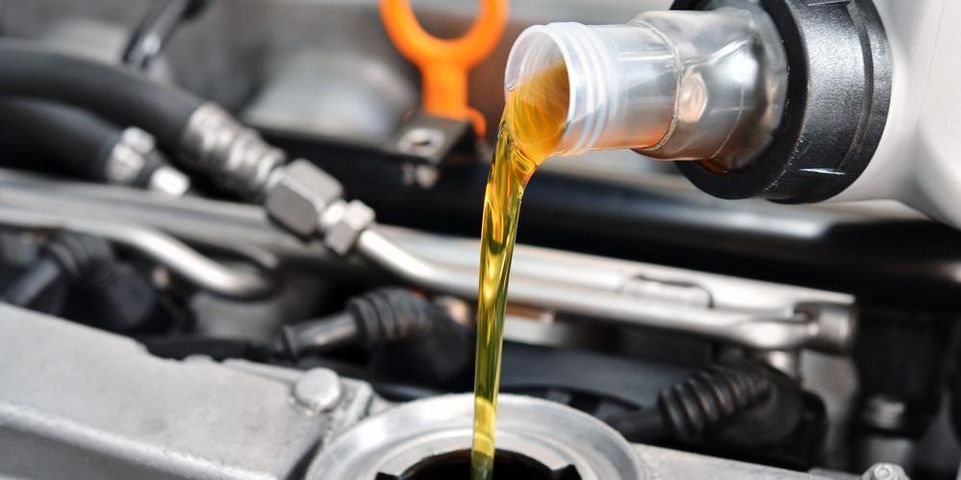
Taking steps to save fuel reduces your car’s carbon footprint in addition to limiting how many times a week you visit the gas pump. If your gas mileage has decreased lately, there are several potential factors to consider. Many aspects affect fuel economy, from driving habits to oil changes.
Why Your Fuel Economy Is Decreasing
1. Excess Weight
 Too much extra weight affects gas mileage. If the cargo rack on top of your car is full, for example, the vehicle’s wind resistance lowers, resulting in aerodynamic drag that taxes the engine and uses more fuel. Overloaded trunks and vehicles towing too much weight for their capacity cause the same problems. Take anything you don’t need out of your car to lighten its load and never tow anything that is beyond the vehicle’s capabilities.
Too much extra weight affects gas mileage. If the cargo rack on top of your car is full, for example, the vehicle’s wind resistance lowers, resulting in aerodynamic drag that taxes the engine and uses more fuel. Overloaded trunks and vehicles towing too much weight for their capacity cause the same problems. Take anything you don’t need out of your car to lighten its load and never tow anything that is beyond the vehicle’s capabilities.
2. Weather
Frigid weather lowers fuel economy by causing engine oil to thicken, making the part work harder to power your vehicle. Additionally, dense cold air creates drag that stresses your engine. Hot weather also affects gas mileage due to air conditioner use. The part decreases fuel economy because it uses the compressor and, therefore, increases engine resistance. Keep your car parked indoors or at least covered during winter and avoid using your air conditioner unless it is absolutely necessary in the summer.
3. Aggressive Driving
Quick stops and starts, speeding, and revving the engine are among the aggressive driving habits that waste gas. Frequent driving in stop-and-go traffic also affects the engine because it never gets the chance to operate at full capacity, resulting in inefficiency issues. Find new routes to limit stop-and-go traffic problems and get in the habit of maintaining the speed limit and using cruise control.
4. Incorrect Tire Pressure
Deflating tires make more contact with the road. They require energy to accommodate the extra rolling resistance and, therefore, decrease fuel economy. Increased road contact causes your tires to wear out quicker; it’s something that also impacts gas mileage. Bald tires slide around the road instead of driving in a straight line, so it takes more time--and more fuel--to reach your destination. Use the quarter test to determine the tread depth and check the pressure every month with a gauge tool to keep your tires in good condition.
5. Infrequent Oil Changes
Thick, dirty motor oil impacts fuel economy because it can no longer lubricate the moving parts making up your engine, resulting in extra stress and increased fuel use. The wrong motor oil also lowers gas mileage. If it is low quality or too thick, your engine will not operate at an optimal rate. Refer to your owner’s manual for the recommended oil change frequency and type to avoid these issues.
Schedule regular oil changes and other auto repairs at Stillwater Auto Clinic to maximize your fuel economy. The Washington County, MN, auto shop has served the region since 1977 and provides high-quality services for affordable prices. Call (651) 351-7188 today to schedule an appointment or learn more about the facility online. Get additional maintenance tips on Facebook.
About the Business
Have a question? Ask the experts!
Send your question

